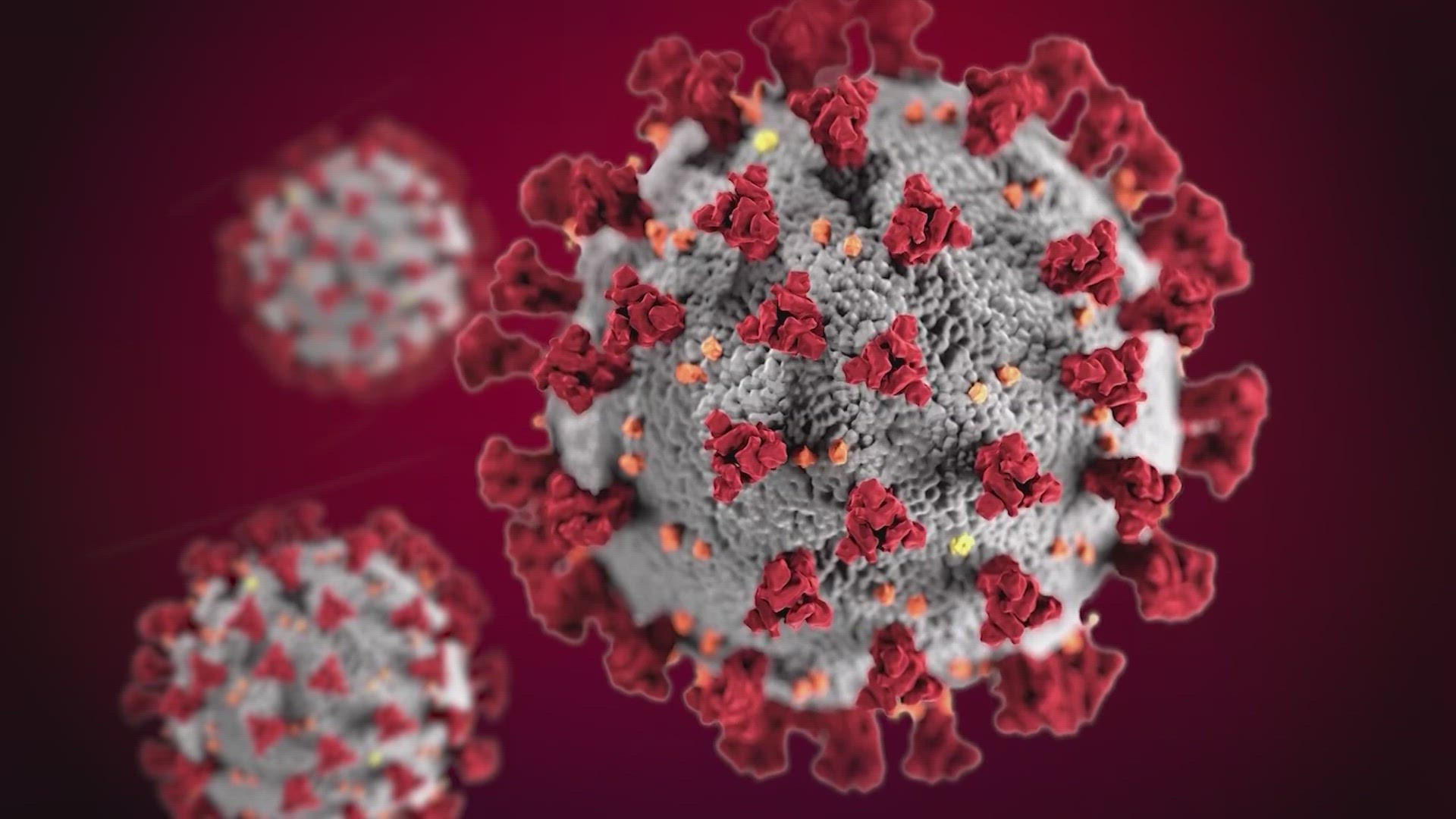DALLAS — Two new initiatives are looking at why COVID-19 symptoms continue for months or years in patients and what treatments may be able to help.
Federal health officials estimate up to 23 million people in the United States have developed long COVID.
Kali Dobbins is one of them.
“I couldn’t remember how to get to a Smoothie King that I used to go to all the time,” Dobbins said. “I’ll repeat things over and over again, and my children will say, 'You told us that yesterday, mommy.'”
Dobbins had COVID in 2020 and dealt with hair loss at first, and then recognized other lingering symptoms like memory issues that haven’t faded.
Dobbins is African American. At UT Southwestern, Dr. Ihab Hajjar has started recruiting for a study to learn why African Americans appear to deal with long COVID more than other ethnicities.
“We started seeing quite a bit of patients reporting to us,” he said. “Not just brain fog, but, you know, ‘I can’t do my job anymore’.”
They’re recruiting 400 people to study the issue.
At the same time, this week the National Institute of Health launched phase 2 clinical trials to evaluate four potential treatment options for long COVID.
“We need it. We need it,” Dobbins said. “Having a solution to help us would matter greatly.”
Hajjar said brain fog and neurological issues like lack of smell and taste are likely linked. Right now, memory games are the only thing considered a possible treatment but with minimal evidence of effectiveness.
“We don’t know the treatment obviously,” Hajjar said. “We’re still kind of in the initial phase.”
COVID cases have seen a recent surge. Last week, 9,326 Texans reported testing positive for COVID-19. By comparison, 3,915 Texans tested positive the week of June 24.
Hospitalizations, though, remain well below a level of concern.
Researchers also want to learn if long COVID is permanent or if there could finally be relief.
“Down the road in one or two years, three years maybe we will see a rash of people who have had COVID, but now they are having cognitive disabilities,” Hajjar said.
“It’s terrible,” Dobbins said. “It didn’t used to be that way.”

